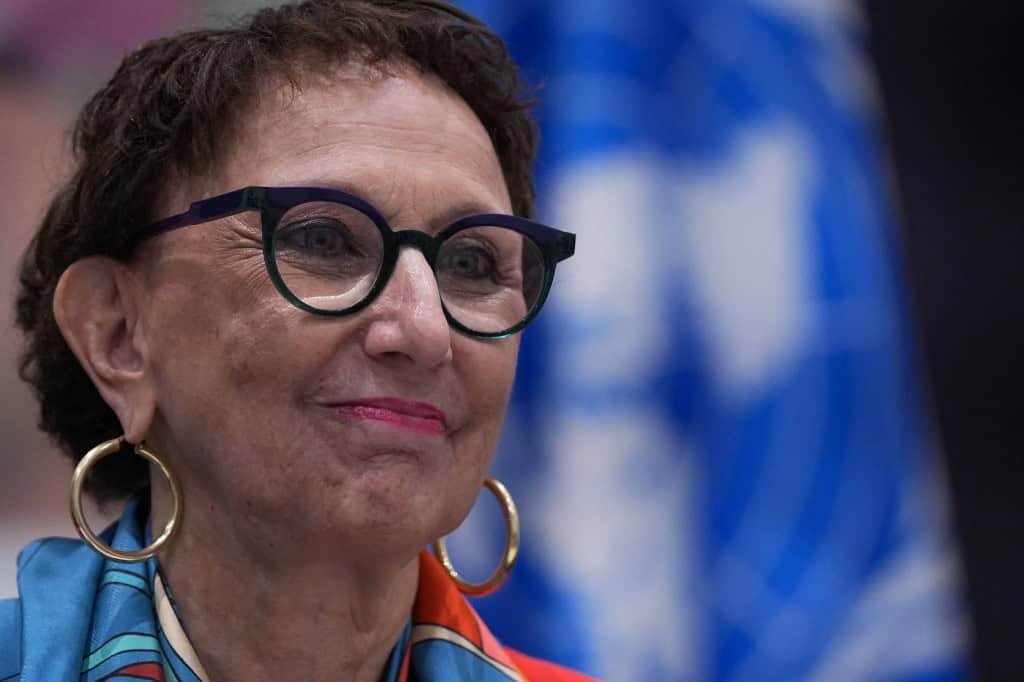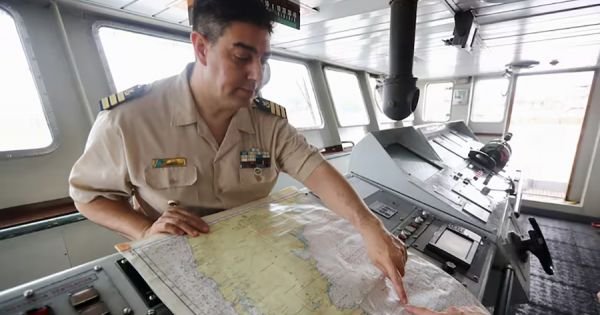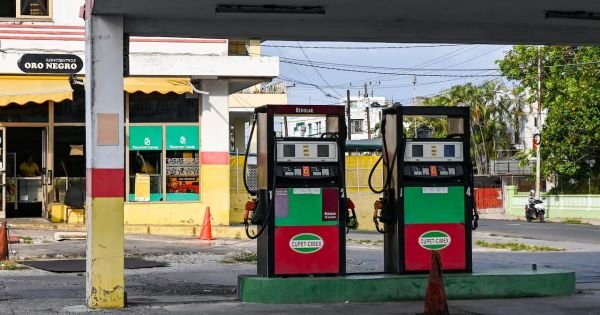Costa Rica has put forward Rebeca Grynspan as its candidate for United Nations secretary-general, a move that highlights the nation’s push for stronger Latin American representation in global leadership. President Rodrigo Chaves made the announcement today, positioning the former vice president and current head of the UN’s trade and development agency as a frontrunner in the 2026 election.
Grynspan, 69, brings a deep background in economics and international affairs to the table. She leads the United Nations Conference on Trade and Development (UNCTAD), where she has tackled issues like climate change impacts on trade, conflicts in Gaza and Ukraine, and the recent U.S. tariff hikes under President Donald Trump that threaten global commerce. Her role at UNCTAD started in 2021, making her the first woman to hold that position.
Before that, Grynspan served as Costa Rica’s vice president from 1994 to 1998 under President José María Figueres. She held key government posts, including deputy finance minister, housing minister, and coordinating minister for economic and social affairs.
Her international career includes time as UN deputy secretary-general in 2010 and associate administrator of the United Nations Development Programme (UNDP). From 2014 to 2021, she was the Ibero-American secretary-general, focusing on reducing inequality, poverty, gender equality, and South-South cooperation.
She earned her economics degree from the University of Costa Rica and a master’s from the University of Sussex in the UK. Over the years, universities like Salamanca, Extremadura, and the European University have awarded her honorary doctorates for her work in human development and global issues.
Grynspan also contributed to the UN’s High-Level Panel on Financing for Development in 2001 under Kofi Annan and served on the Haiti Reconstruction Commission with figures like former U.S. President Bill Clinton.
Foreign Minister Arnoldo André presented her nomination at an event with diplomats in San José, calling her the most qualified candidate. “We firmly believe Doña Rebeca is the most qualified; her candidacy will place the country at the highest level,” he said. The government plans a modest campaign through regular foreign ministry channels, with no extra budget allocated.
This marks Costa Rica’s second bid for the UN’s top job. Nine years ago, the country backed Christiana Figueres, who later became known for her role in the Paris climate agreement. Chaves emphasized that Grynspan’s run underscores Costa Rica’s commitment to peace and dialogue.
If elected, she would be the first woman to lead the UN since its founding in 1945 and only the second Latin American, following Peru’s Javier Pérez de Cuéllar from 1982 to 1991.
The race is heating up with other strong Latin American contenders. Former Chilean President Michelle Bachelet, who led UN Women and served as high commissioner for human rights, has entered the field. Mexico’s former foreign minister Alicia Bárcena, ex-executive secretary of the Economic Commission for Latin America and the Caribbean (ECLAC), is another name in the mix.
Beyond the region, candidates like Ecuador’s former foreign minister María Fernanda Espinosa, New Zealand’s ex-prime minister Jacinda Ardern, and former IMF managing director Kristalina Georgieva are mentioned.
Current UN Secretary-General António Guterres from Portugal wraps up his second term on December 31, 2026. The selection process involves the General Assembly and Security Council, with the latter recommending a candidate for approval. Regional rotation and gender balance often play roles in discussions, though no formal rules mandate them.
Grynspan has addressed pressing global challenges in recent forums. At a UN meeting in New York, she discussed U.S. tariffs’ effects on trade rules with China’s commerce minister. She has warned about debt burdens in developing countries, where many spend more on interest than health or education, calling for reforms in debt, investment, and trade.
Her advocacy extends to technology’s role in development. In UNCTAD’s 2025 report, she pointed out how AI reshapes economies but risks widening inequalities without proper policies on infrastructure, data, and skills. Grynspan has urged the U.S. to ease tariffs on poorer nations to avoid worsening their debt crises.
Costa Rica’s nomination comes at a time when the UN faces criticism over handling conflicts and inequality. Grynspan’s track record in bridging divides could appeal to member states seeking fresh leadership. The formal campaign kicks off soon, with the election set for late 2026.




